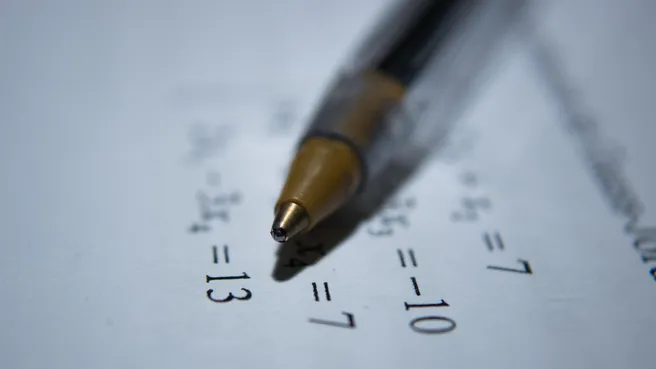If tasks in math or physics, for example, are related to life and encourage students to work independently, this can increase students' motivation. In her recently published article, Prof. Doris Holzberger and her colleagues investigate the motivational potential of 9th grade textbook tasks.
"An urn contains 3 red balls and 5 green balls ..." – Math and physics tasks can be designed very differently. And it is the way they are designed that makes a difference: A current study with the participation of Prof. Doris Holzberger explores the potential of textbook tasks to promote student motivation. The scientific article has now been published in Zeitschrift für Erziehungswissenschaft.
In order to determine how school tasks can contribute to students' motivation, the researchers analyzed current textbook tasks for 9th grade mathematics and physics. In doing so, they developed a scheme to determine the motivational potential of tasks based on various criteria. Among other things, the researchers asked: To what extent do the tasks promote the individual students (differentiated instruction)? How do they relate to their real-life context? Do the tasks encourage the young people to learn independently and at their own pace (autonomy support)?
The study not only shows that the specific design of the tasks according to the examined criteria influences the motivation of the students, but also found out that there are rather less features in the examined tasks to motivate the students. Thus, there is still great potential in the development of tasks.
The researchers' goal is to use the scheme they developed to create a way to optimize textbook tasks and thus contribute to more motivating instructional practices.
The study and article were conducted under the leadership of Anna Heinle, an educational researcher at the Centre for International Student Assessment (ZIB).
